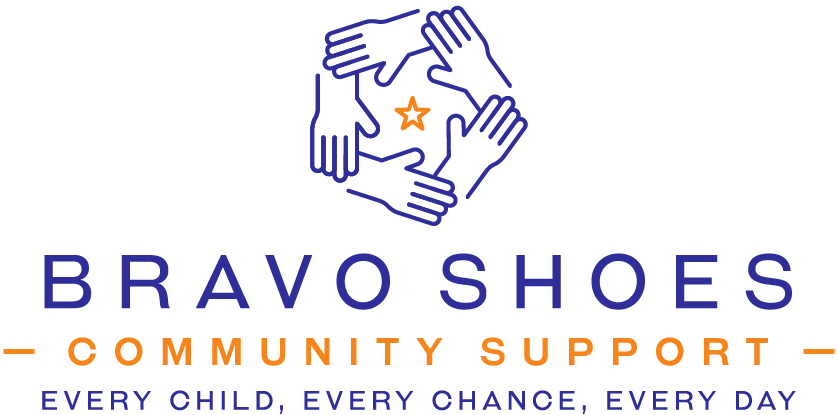In Uganda, according to the national demographic health survey, a quarter of adolescents between the ages of 15-19 have become parents. Most of the attention is usually directed at teenage mothers but what is the experience like for boys who become parents at an early age?
According to the Research by AfriChild Center, Uganda has a national crisis of fathers and their responsibility.
Out of the 145 studies done on fatherhood around the world, the survey closed on sixteen which were specific to Uganda mainly with fathers in the Central Region, Karamoja, and 3 districts in Northern Uganda.
The study discovered that 10% of fathers have fathered a child but are not even aware, 40% of men have fathered a child but have abandoned them and 5 % of men provide for their children and connect with them emotionally.
However, the study found out that fathers in Uganda are made up of parents of both biological and non-biological children that are biological fathers are the majority and social fathers.
Father’s Day is a celebration, it is an international day that honors the role of fathers and forefathers. It is a modern holiday, though the ancient Romans did have a tradition of honoring fathers, every February, but only those who had deceased.
Around the world, Father’s Day is celebrated on different dates, though the day is celebrated in a similar manner, usually involving giving gifts to fathers and family activities.
The most popular date for Father’s Day is the third Sunday in June. This date was first observed in the USA and has since been adopted by many countries.
In Spain, Italy, and Portugal, Father’s Day is celebrated on March 19th, which is the Feast of St. Joseph who is the patron saint of fathers.
A collection from the School of social science at Makerere University implies that single fatherhood is a fast-growing problem in Uganda,
At Bravo Shoes Community Support Organisation, every day is a father’s day, as an organization and a social and community watchdog and other NGO leaders have some direct and indirect forms of participant observation they have played in different communities.
Findings by Bravo Shoes Community Support Organisation (BSCSO) indicate that although single fathers found themselves in similar circumstances, each of their experiences was unique.
Common patterns in the primary challenges facing single fathers were how to keep a sense of a complete family, managing general child care responsibilities, keeping a social recognition of themselves, handling negative attitudes from the community and financial burden
However, most research has focused on single motherhood and motivations for fathers to become custodial fathers in the West Changes in the family structure in modern society have produced different social reactions.
Findings by the School of Social Sciences Makerere University on Parenting experiences of single fathers in urban Uganda indicate that the negative attitude of society towards single-parent families can generate social vulnerability of single parents including single fathers.
This study describes the parenting experiences of fifteen single fathers, their parenting strategies, and community perceptions toward single fatherhood. The study used qualitative data collection methods; in-depth and key informant interviews and focus group discussions. A total of fifteen (15) in-depth interviews with custodial single fathers were obtained, three focus group discussions (FGDs) with community members, and two FGDs with single fathers. These were supplemented with key Informant interviews of local, religious,
All the study participants admitted that parenting as a single father was not the best place for them and hoped to remarry. While participants were happy that they had raised their children by themselves, they expressed a fear of their children missing the attributes of a mother and hence solicited female support from my sisters,
Grandparents and house girls although this help never came readily. They coped either by accepting the situation, believing in GOD as the only one to help them, or sending children to boarding schools. While stigma and discrimination were not out rightly visible they did experience it through facing a cold reception at community gatherings and labels placed on them and their children. The fathers expressed an inability to advocate sufficiently for support from the Government due to being labeled as family failures and for lack of NGOs for single fathers to raise their voices. Failure to address single fatherhood contributes to the negative attitudes which inhibit targeted services to them that need them leading to poor child development and hence a dysfunctional family.


